Focus
Your Present Location: HOME> Focus-
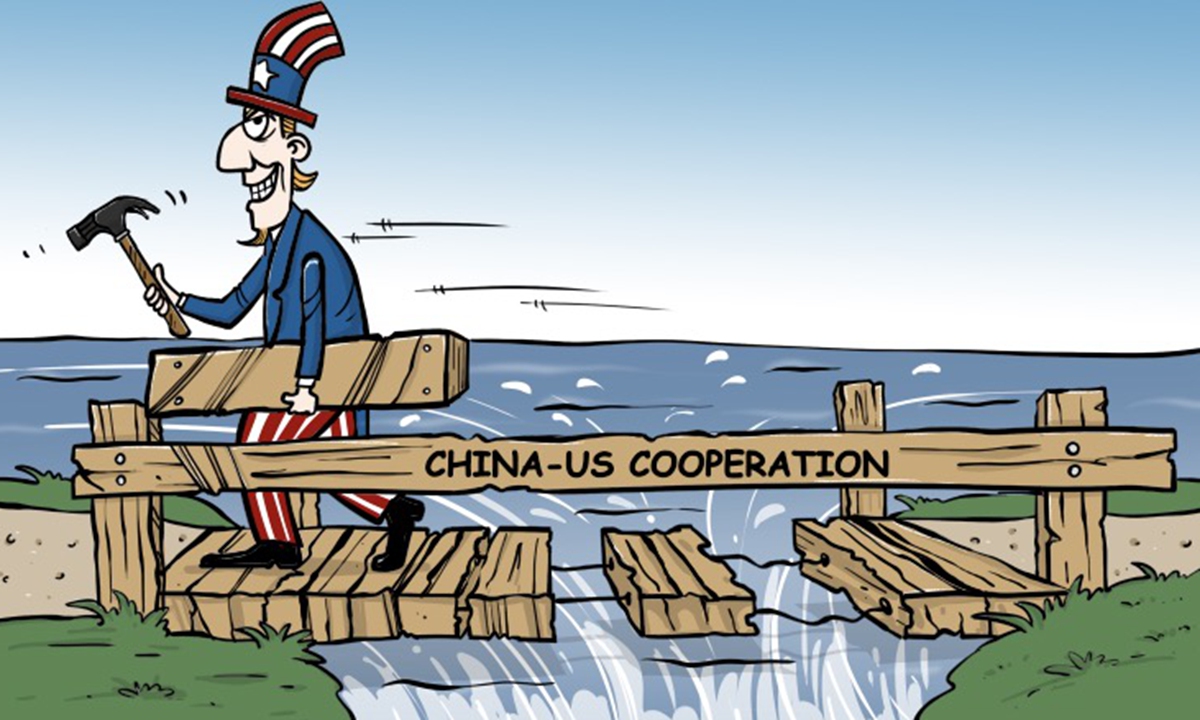
Wang Wen: Pelosi's Taiwan trip may push China's reunification
2022-08-08 -
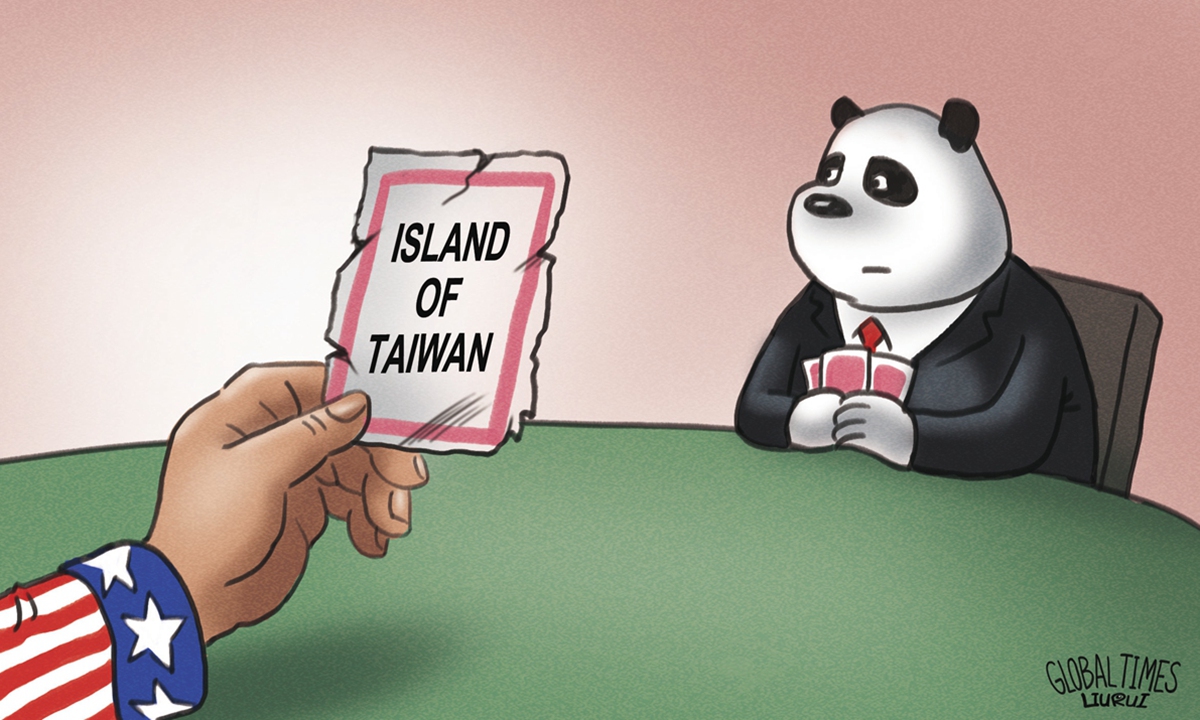
Ding Gang: Pelosi's visit will be a turning point in China's US strategy
2022-08-08 -
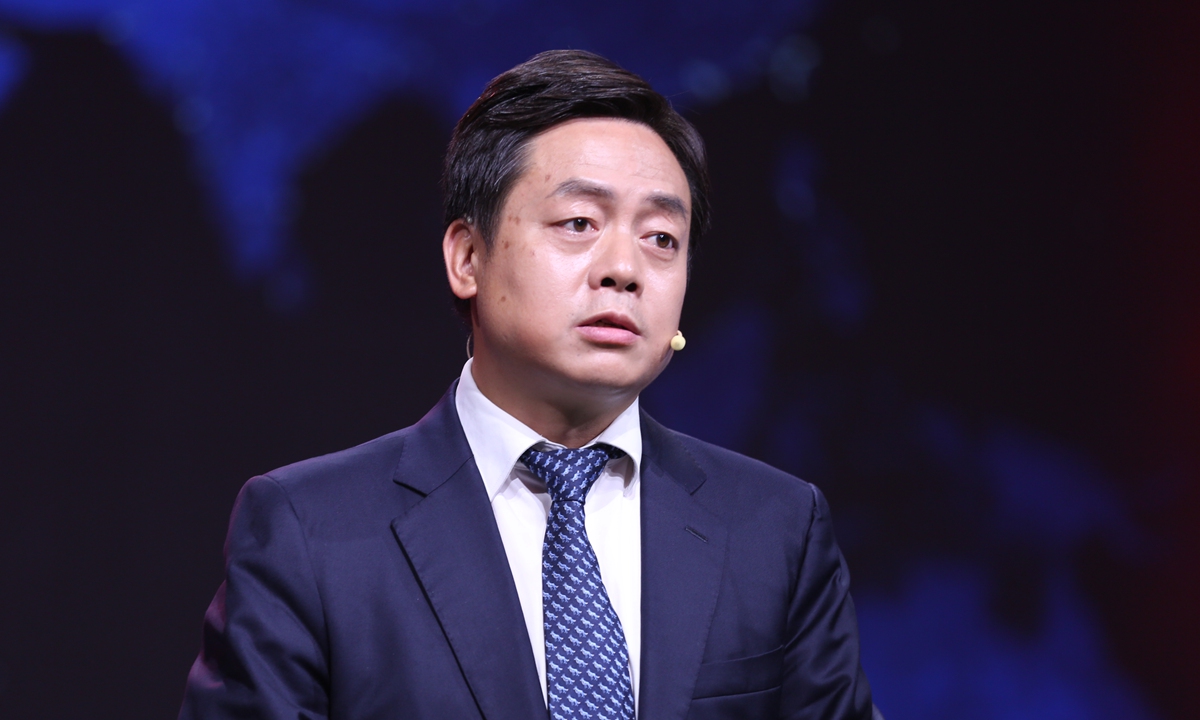
Wang Yiwei: Community with a shared future for mankind’ contrasts sharply with Western thesis of ‘clash of civilizations’
2022-08-08 -
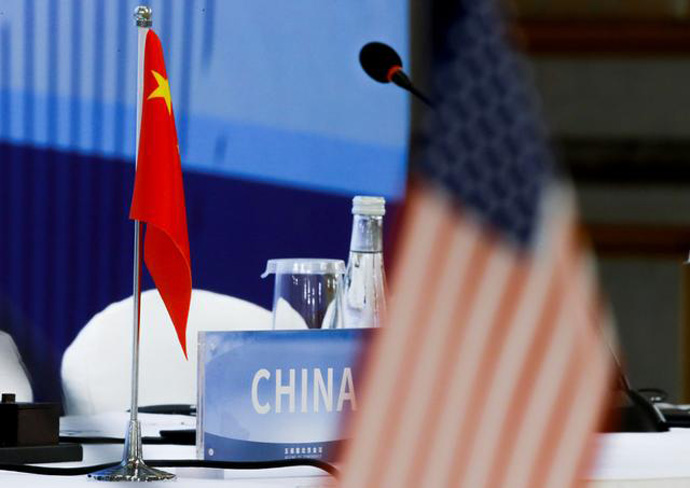
Zhao Minghao: Phone Call to Manage China-U.S. Relations
2022-08-08 -
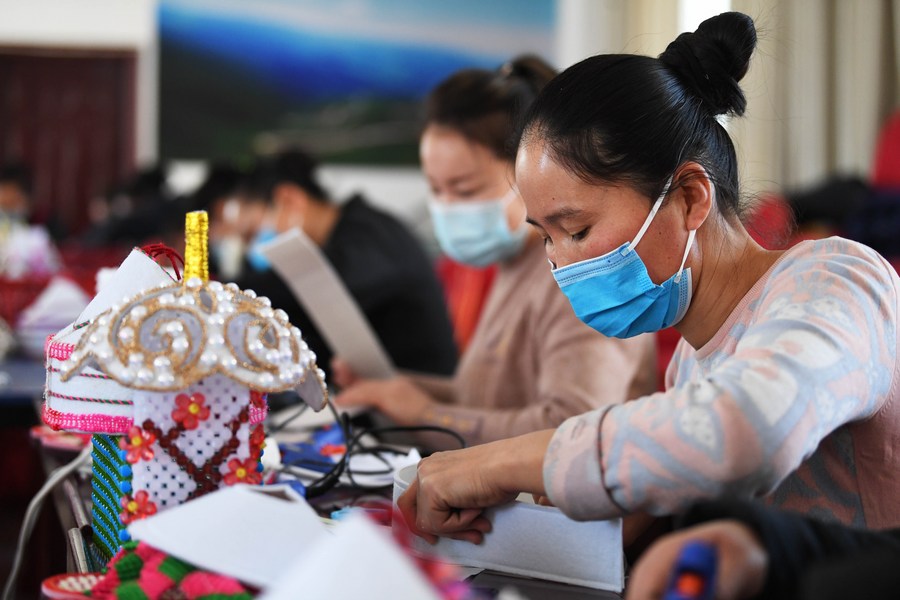
John Ross: Human rights used as political tool
2022-07-29 -
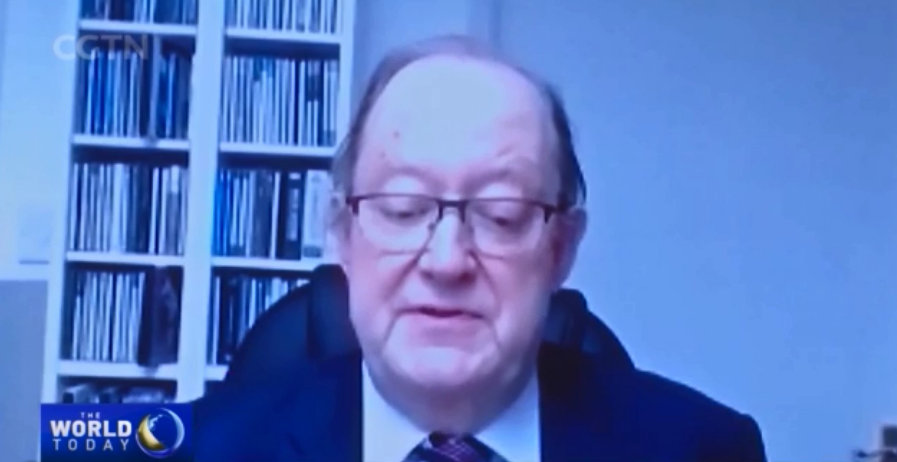
2022 Beijing Forum on Human Rights: Experts call for joint efforts to improve human rights for all
2022-07-28 -
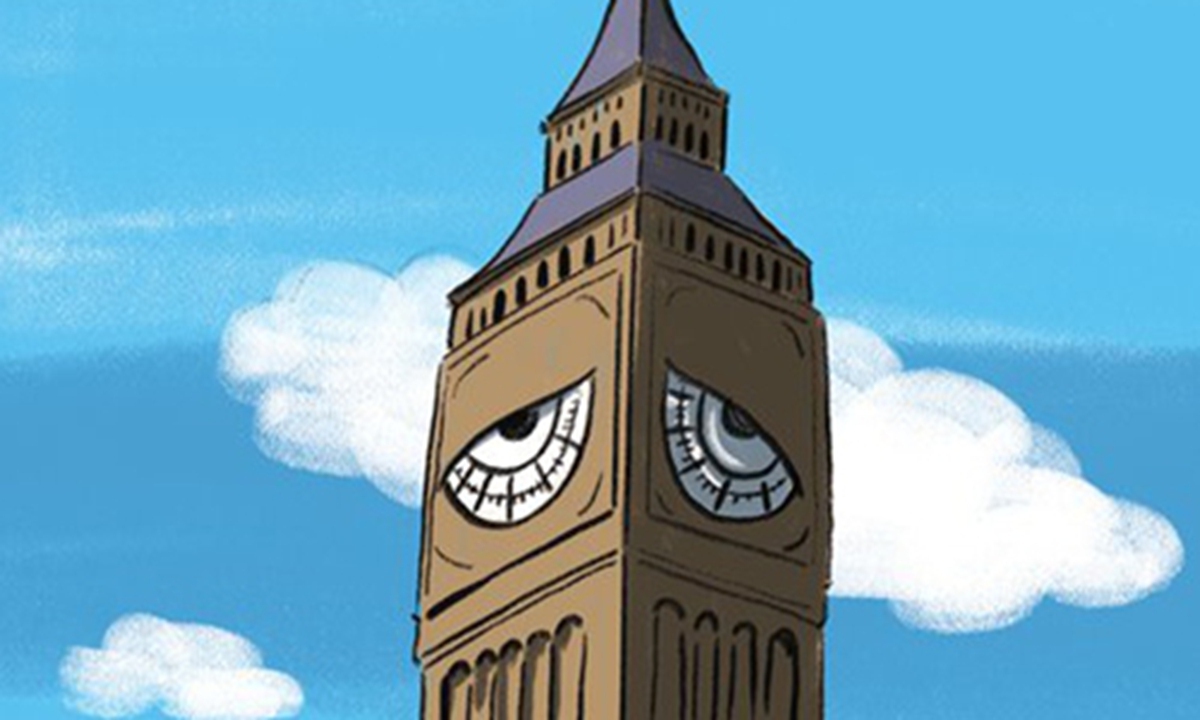
Ding Gang: China-bashing a tragedy for 10 Downing Street
2022-07-28 -
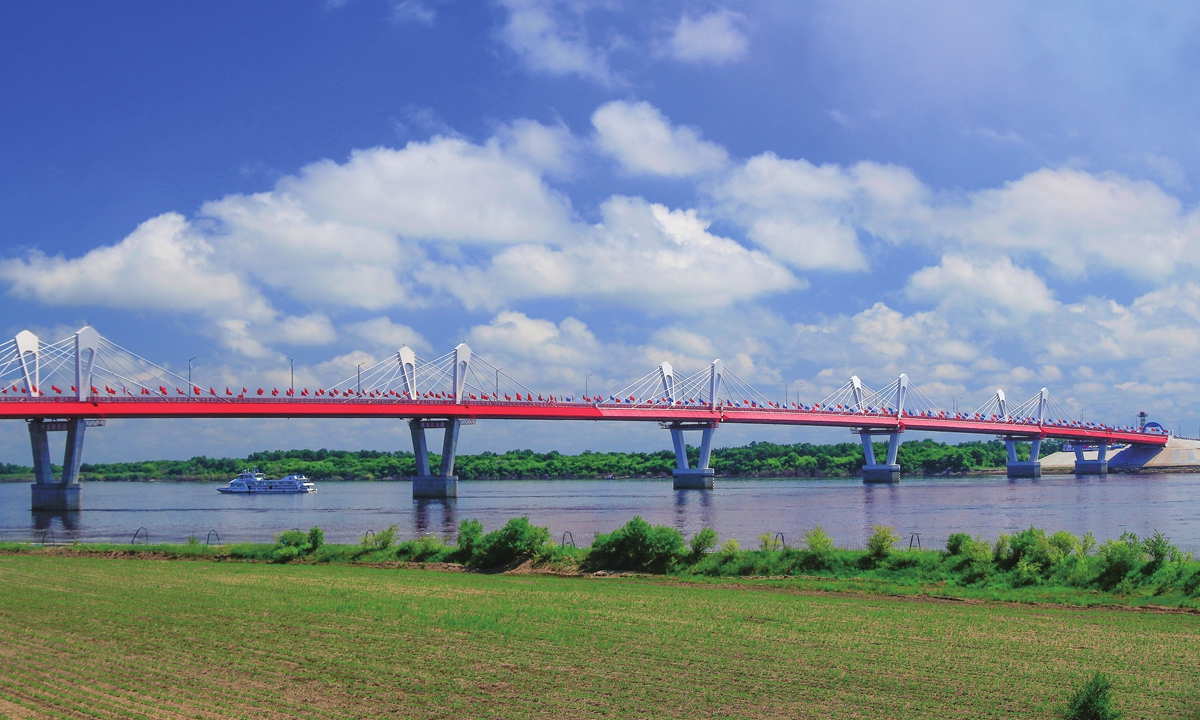
Yury Tavrovsky: Revival of Chinese nation inevitable, as country and people strengthen each other: Russian scholar
2022-07-28 -
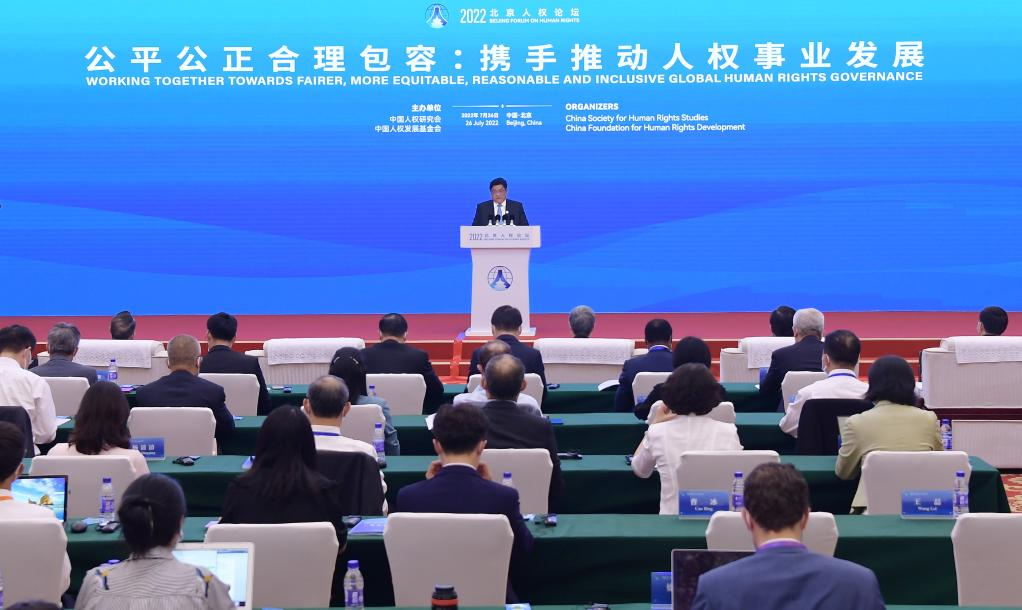
China Focus: Cooperation highlighted at high-profile human rights forum
2022-07-27 -
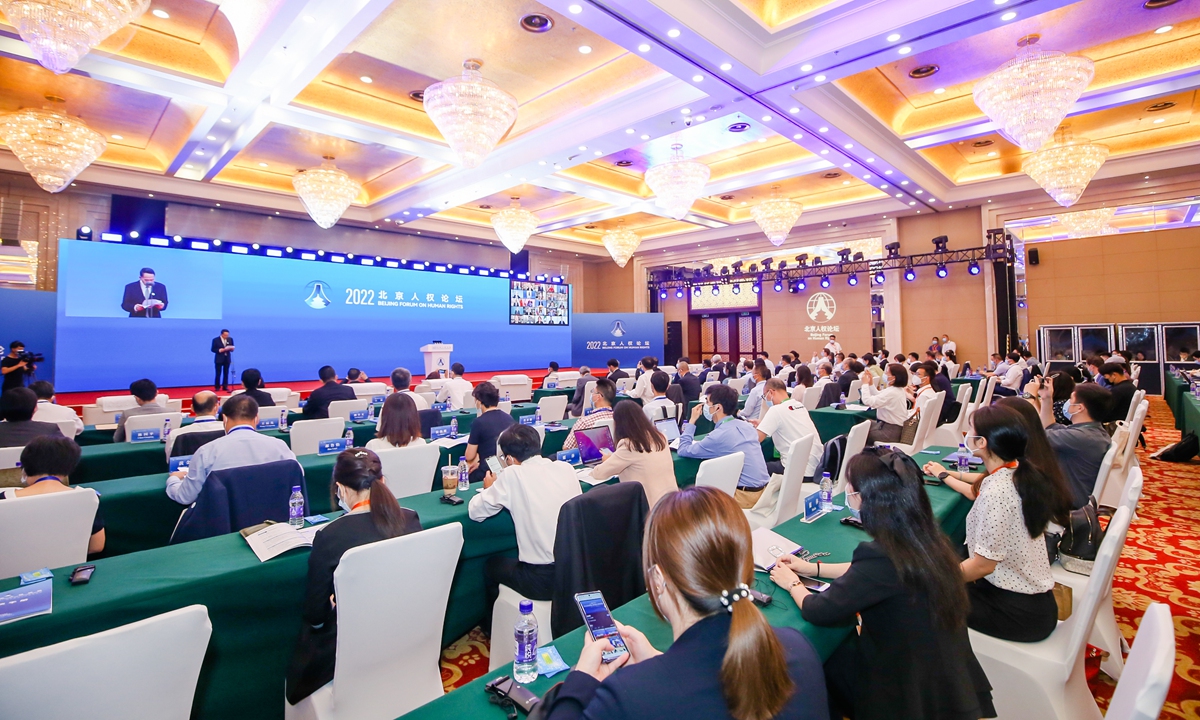
China Focus: Cooperation highlighted at high-profile human rights forum
2022-07-27 -
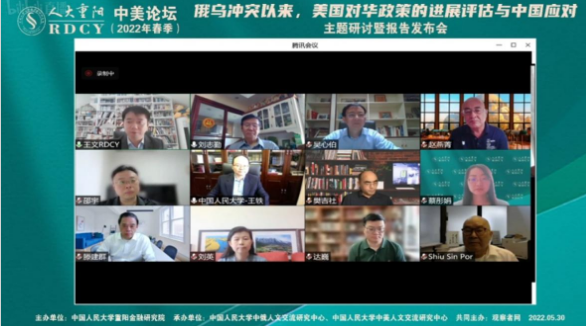
Chinese Think Tank Research Report: 'We Should Have No Illusions About The Comprehensive And Intensified Ideological Game Between China And The United States, And Must Make A Full Preparation'
2022-07-26 -
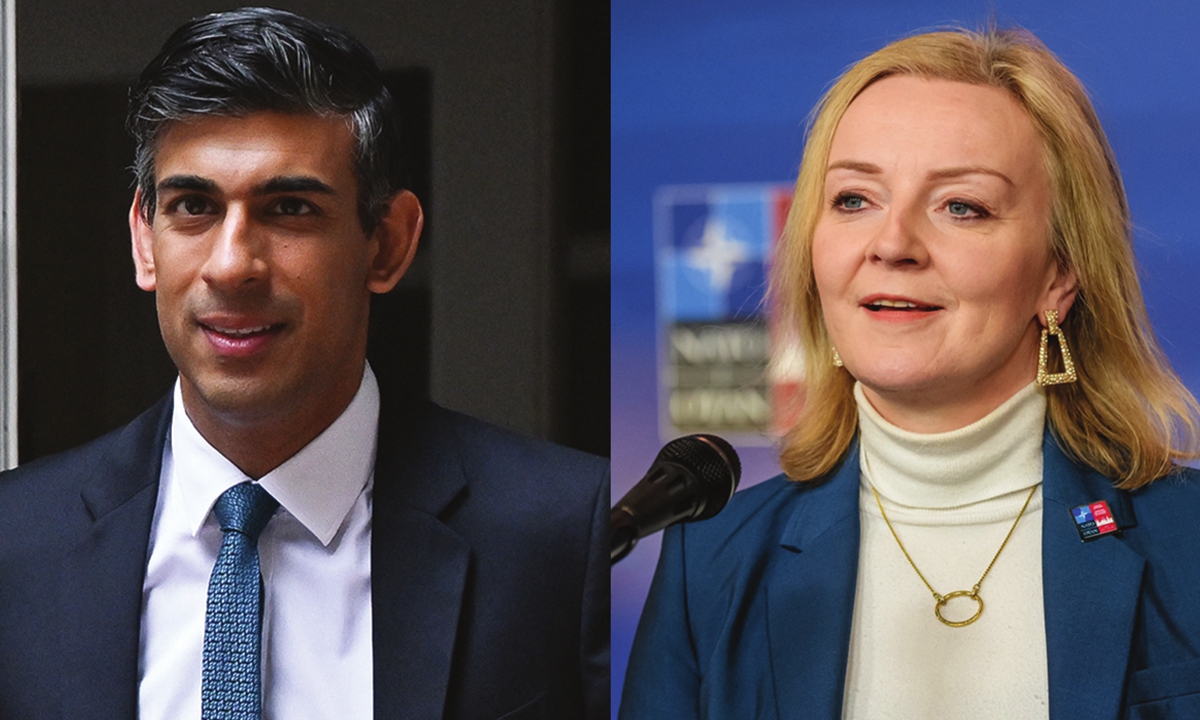
Wang Yiwei: UK PM candidates race for toughness against China 'to cover domestic mess'
2022-07-26 -
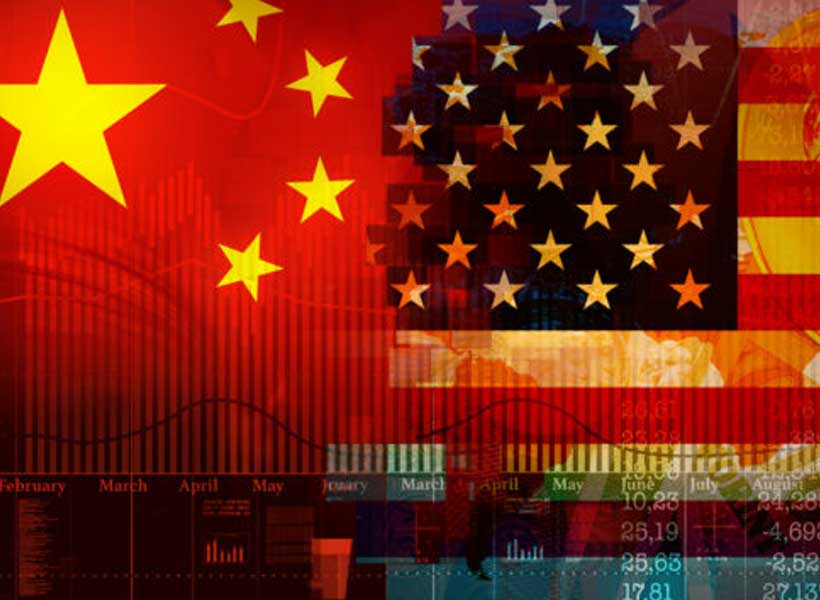
Zamir Ahmed Awan: The US blindly makes policies to resist China’s peaceful rise
2022-07-25 -

Ong Tee Keat: CPC innovates its own formula of governance based on people's aspirations
2022-07-25 -
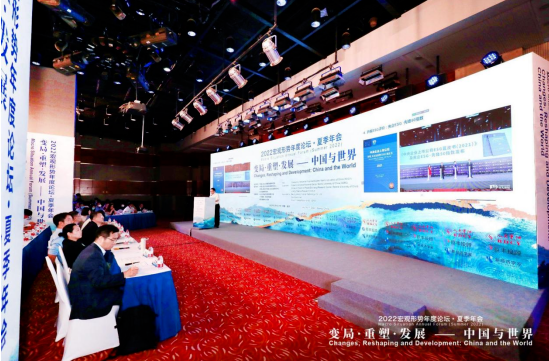
More than 2.6 million people listened, Macro Situation Annual Forum (Summer 2022)speaks through the world, the times, the changes in history
2022-07-22 -
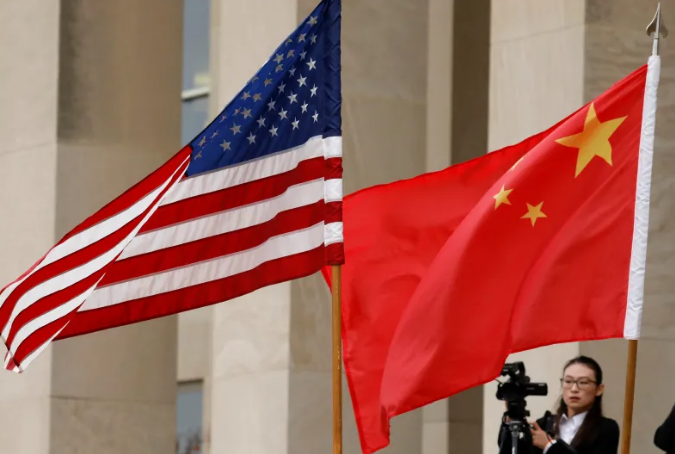
Kevin Rudd: Rivals Within Reason?
2022-07-22 -

Peter Koenig: The Dollar vs. the Yuan: Global Inflation, The Federal Reserve and China’s Measures to Stabilize Her Economy
2022-07-22 -

Jeffrey Sachs: Western politicians politicize COVID-19 origins tracing to conceal inability to handle pandemic
2022-07-22 -
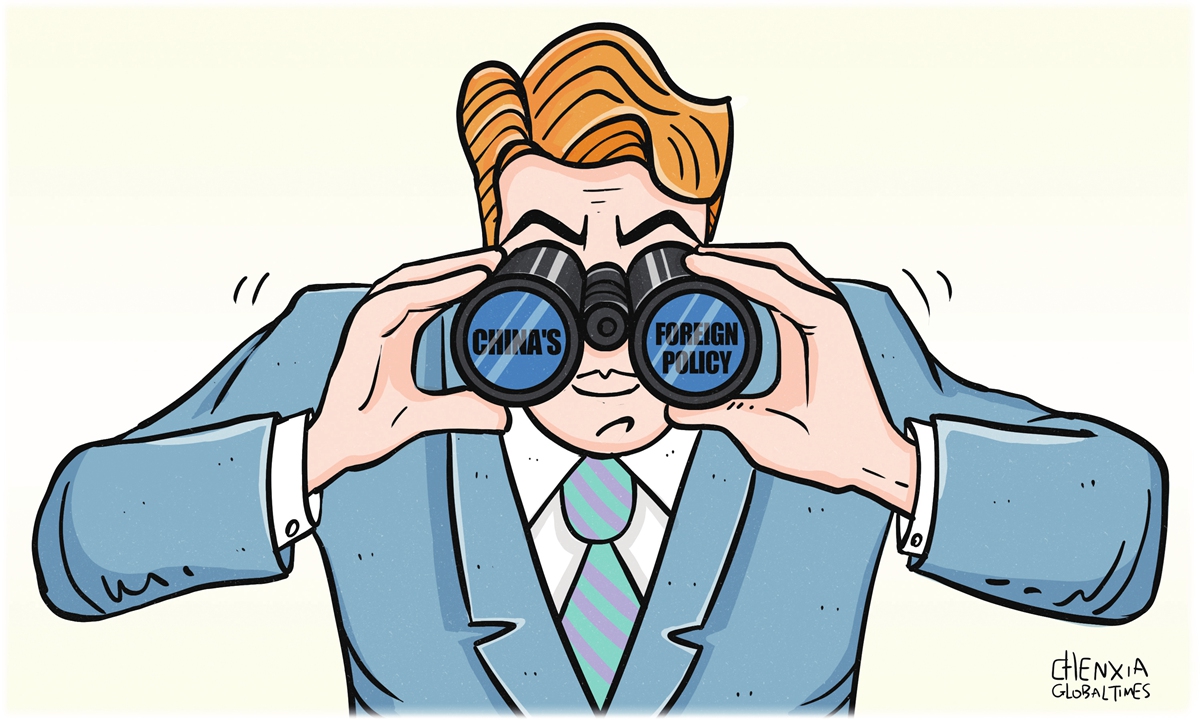
Ding Gang: The world must move past 'spheres of influence'
2022-07-21 -
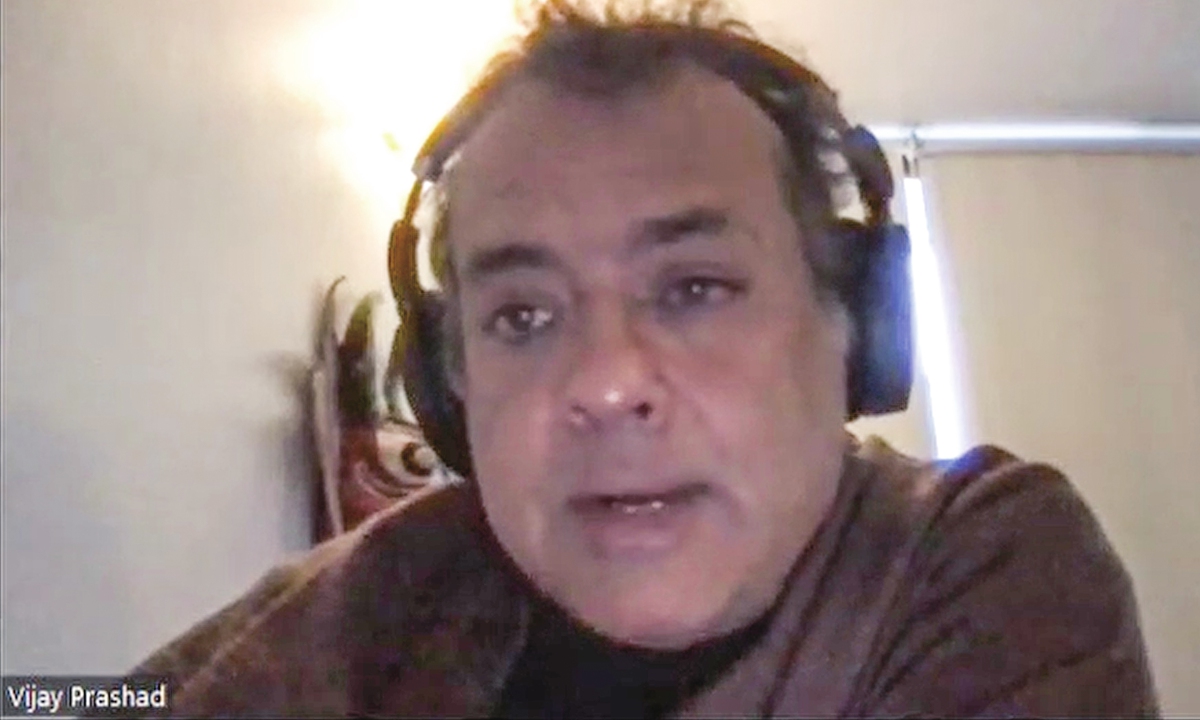
Vijay Prashad: China's role in building global democracy a shining light for developing countries
2022-07-21
(共3588条)
























































































 京公网安备 11010802037854号
京公网安备 11010802037854号





